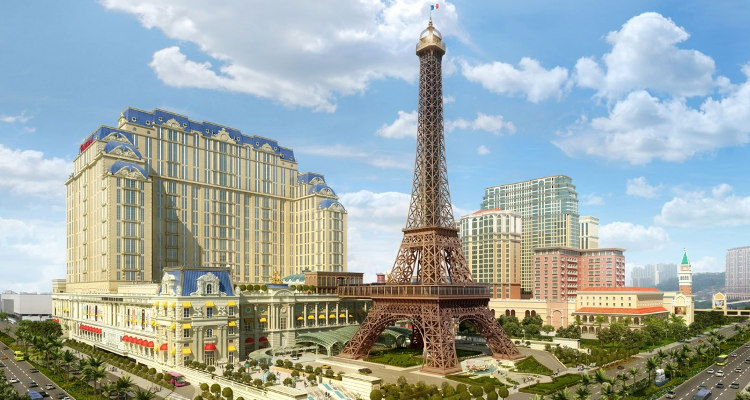The head of Macau’s gaming regulator has reportedly explained that he expects the city’s casinos to post improved year-on-year aggregated gross gambling revenues for 2017 thanks to the industry’s efforts at luring more mass-market players and success at tightening restrictions on risky bettors.
According to a report from the Bloomberg news service, Paulo Martins Chan, Director for the Gaming Inspection And Coordination Bureau, additionally cited the imposition of stricter regulations on junket operators, money laundering and telephone betting as positive developments for the future of the former Portuguese enclave’s casinos.
“Gaming revenues are expected to see stable development next year and hopefully go upward,” Chan told Bloomberg. “Macau has started to see healthy and sustainable growth.”
The revelation flies in the face of a conservative November prediction from Fernando Chui Sai On, Chief Executive for Macau, forecasting that the over 30 casinos in the city would record total gross gambling revenues for 2017 of just over $25.03 billion, which is the same figure envisaged for the whole of this year.
However, Chan reportedly told Bloomberg that the government’s zero-growth projection for next year was “just cautious” due to a slowing Chinese economy, a depreciating yuan and uncertainties surrounding the recent election of Donald Trump with his history of criticizing China’s currency and trade policies.
Following 26 straight months of decline, Macau saw aggregated gross gambling revenues for August improve by 1.1% year-on-year while a 7.4% swell was reported for September before October’s figure went up by 8.8%. These were all topped last month by a 14.4% boost to around $2.4 billion, which means that the sector has already brought in approximately $25.5 billion in aggregated gross gambling revenues for the eleven months of 2017.
Bloomberg reported that Macau casino operators are using Las Vegas as an example in trying to attract more families and casual gamblers instead of relying on high-stakes bettors. These efforts were initiated following an anti-corruption drive from Chinese President Xi Jinping and preceded the August opening of the $4.1 billion Wynn Palace Cotai from Wynn Resorts Limited, which features a $100 million water fountain show and gondola ride, while Las Vegas Sands Corporation inaugurated its $2.5 billion The Parisian Macao in September complete with a half-size replica of the Eiffel Tower.
“We will work more on economic diversification,” Chan, who took on his role with the Gaming Inspection And Coordination Bureau last year after about two decades in the government prosecutor’s office, told Bloomberg. “If we only rely on a small group of VIP patrons, we are at risk when the economy fluctuates.”
Bloomberg reported that Macau is moreover trying to reduce the risks from inside the industry and will soon publish plans to raise capital requirements for promoters and set up a credit database designed to weed out risky gamblers. As part of these efforts, the city banned the use of mobile telephones at gaming tables in May and will soon mandate that inbound travelers disclose cash holdings of more than $15,000 upon entry.
“After gaming revenues slumped for more than 20 months, the industry has learned the importance of healthy development,” Chan told the news service. “We will continue to prescribe in the current direction. It doesn’t seem necessary for a heavier dose of medicine.”



